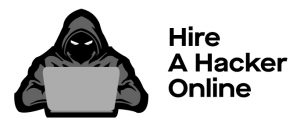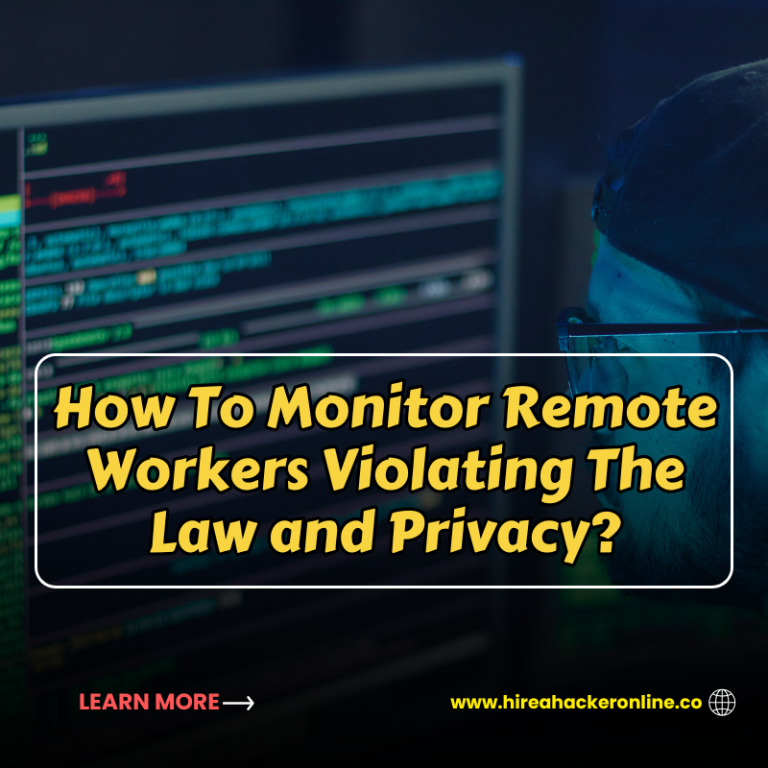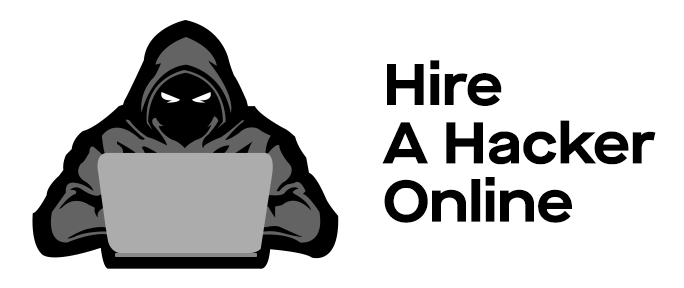The rise of remote work has presented both opportunities and challenges for employers. While remote work offers flexibility and cost savings, it also raises concerns about productivity, data security, and compliance. To address these concerns, many employers turn to employee monitoring software. However, it’s crucial to tread carefully to avoid legal and ethical pitfalls. This blog post will explore how to monitor remote workers while respecting their privacy and complying with the law.
Understanding the Legal Landscape
Before implementing any monitoring program, it’s essential to understand the applicable laws and regulations. Laws vary by jurisdiction, so consult with legal counsel to ensure compliance. Generally, employers have the right to monitor employee activity on company-owned devices and networks. However, restrictions apply to monitoring personal devices and off-duty activities.
Key legal considerations include:
- Electronic Communications Privacy Act (ECPA): This federal law protects electronic communications, including emails and phone calls. Employers generally have the right to monitor business communications on company-owned devices.
- State and Local Laws: Some states have specific laws governing employee monitoring, such as requiring notification or consent.
- Data Privacy Regulations: Laws like the General Data Protection Regulation (GDPR) and the California Consumer Privacy Act (CCPA) impose restrictions on how personal data can be collected, stored, and used.
Building Trust and Transparency
Open communication is vital for building trust and avoiding legal issues. Clearly communicate your monitoring policy to employees, explaining the reasons for monitoring, the types of information collected, and how it will be used. Transparency can alleviate concerns and foster a positive work environment.
Key elements of a transparent monitoring policy include:
- Purpose and Scope: Clearly define the reasons for monitoring, such as ensuring productivity, protecting company data, and preventing misconduct.
- Data Collection: Specify the types of information collected, such as keystrokes, websites visited, and emails.
- Data Retention: Outline how long data will be stored and how it will be protected.
- Employee Consent: If required by law or company policy, obtain explicit consent from employees for certain types of monitoring.
- Access and Review: Explain how employees can access and review their monitored data.
Choosing the Right Monitoring Tools
Numerous employee monitoring tools are available, each with varying features and capabilities. Select tools that align with your monitoring goals and comply with legal requirements. Consider the following factors when choosing monitoring software:
- Functionality: Determine which features are essential, such as time tracking, website monitoring, keystroke logging, and screen recording.
- Data Privacy: Ensure the software complies with data privacy regulations and protects sensitive information.
- Legal Compliance: Verify that the software adheres to applicable laws and regulations.
- Employee Experience: Choose tools that minimize disruptions and respect employee privacy.
Monitoring Best Practices
To effectively monitor remote workers while protecting their privacy, follow these best practices:
- Focus on Behavior, Not Individuals: Monitor for patterns of unproductive behavior rather than targeting specific individuals.
- Set Clear Expectations: Establish clear performance metrics and expectations to guide employee behavior.
- Provide Support and Feedback: Offer resources and support to help employees improve their performance.
- Limit Monitoring: Avoid excessive monitoring, as it can create a hostile work environment and erode trust.
- Regularly Review and Update: Periodically review your monitoring policy and practices to ensure they remain effective and compliant.
By following these guidelines, employers can effectively monitor remote workers while respecting their privacy and complying with the law. Remember that monitoring should be a tool for improving productivity and protecting the business, not a means of surveillance.




